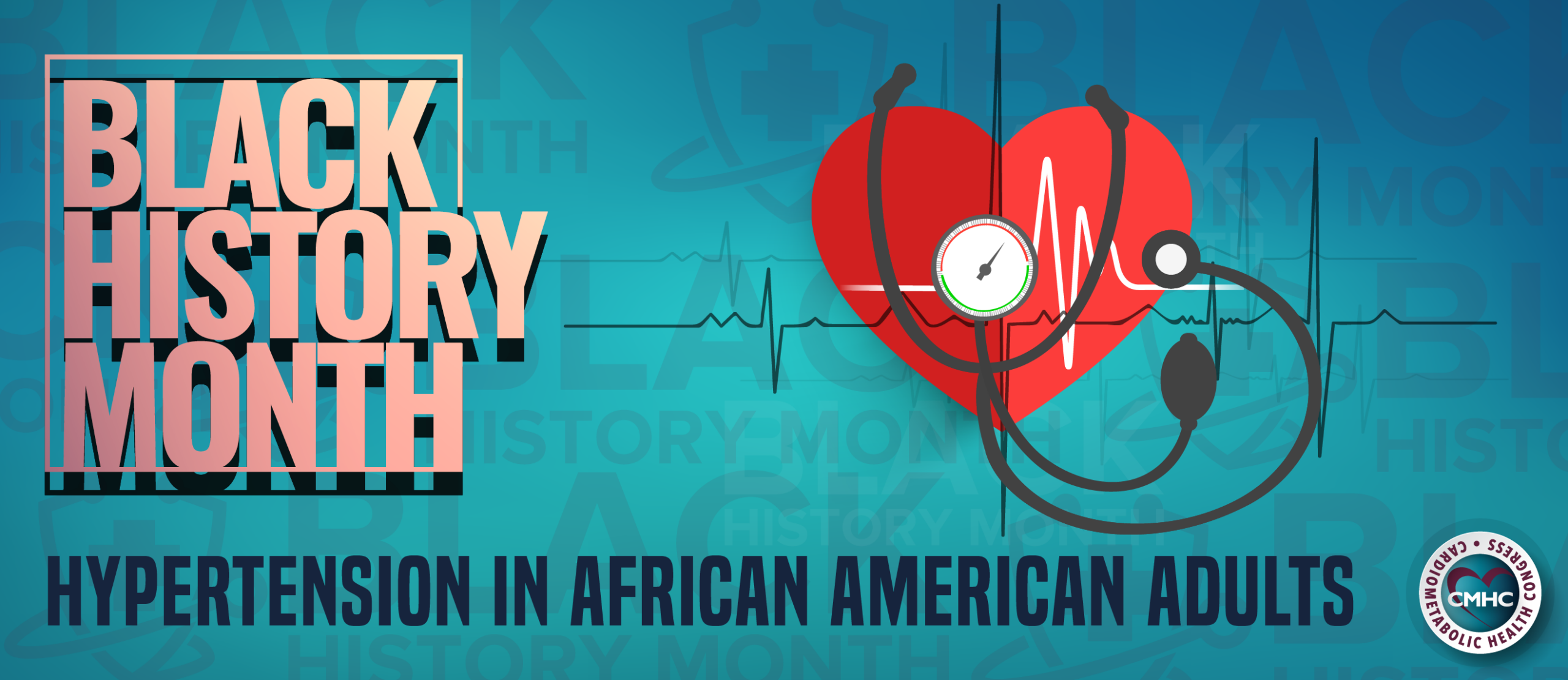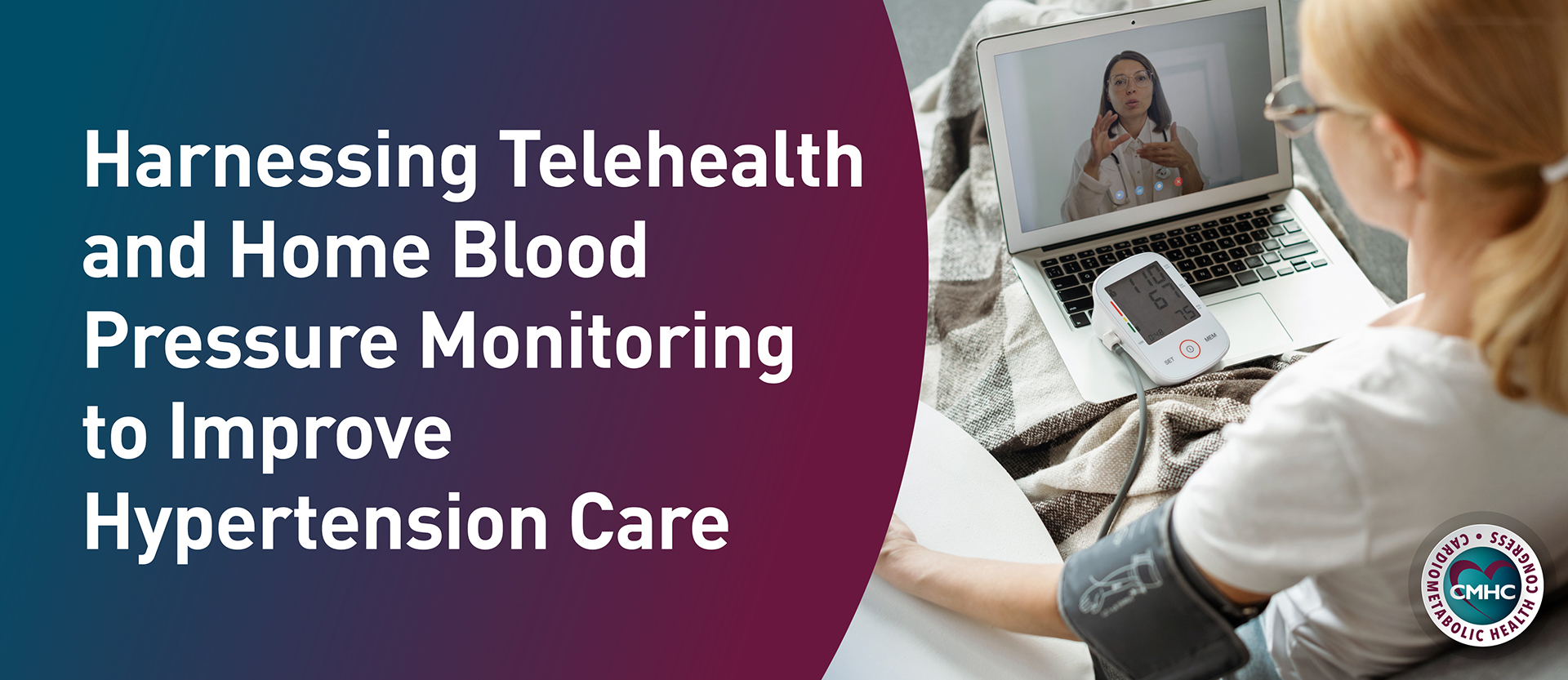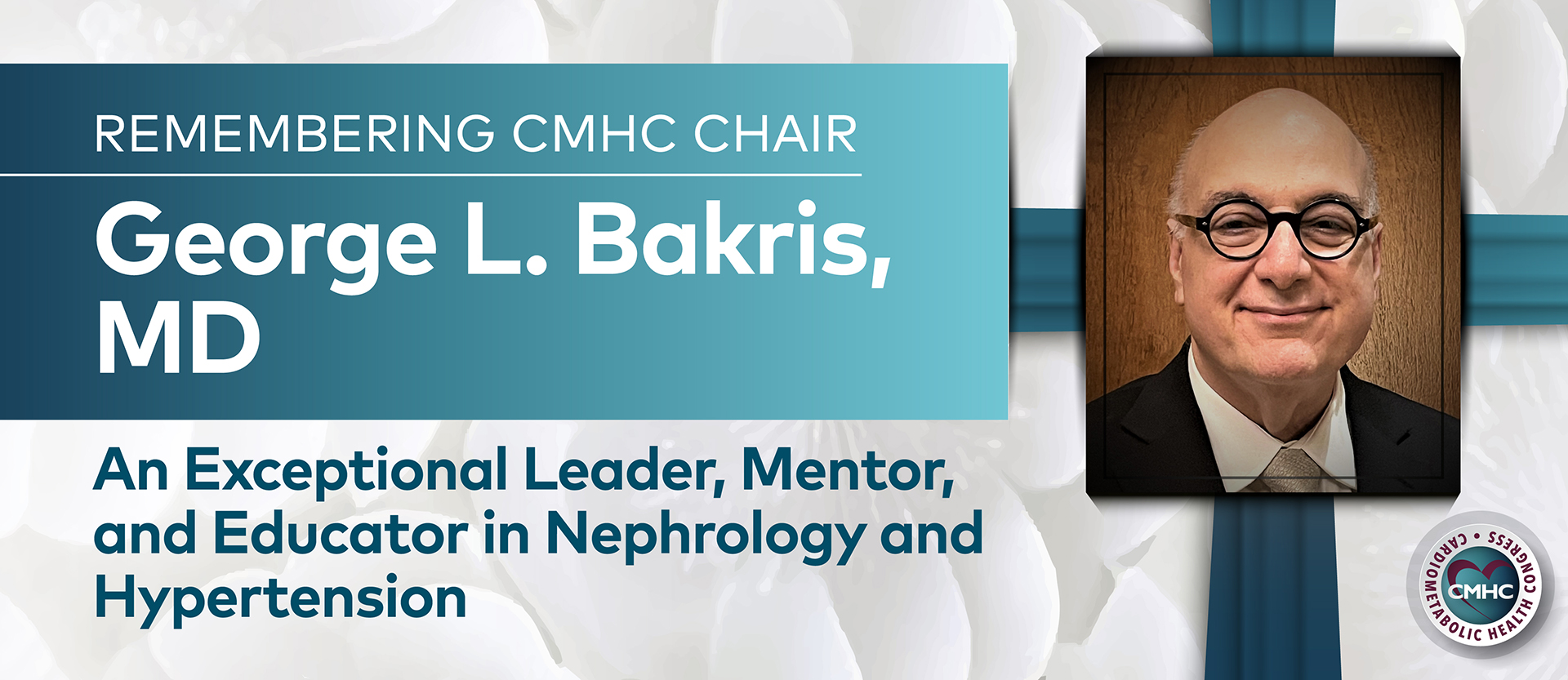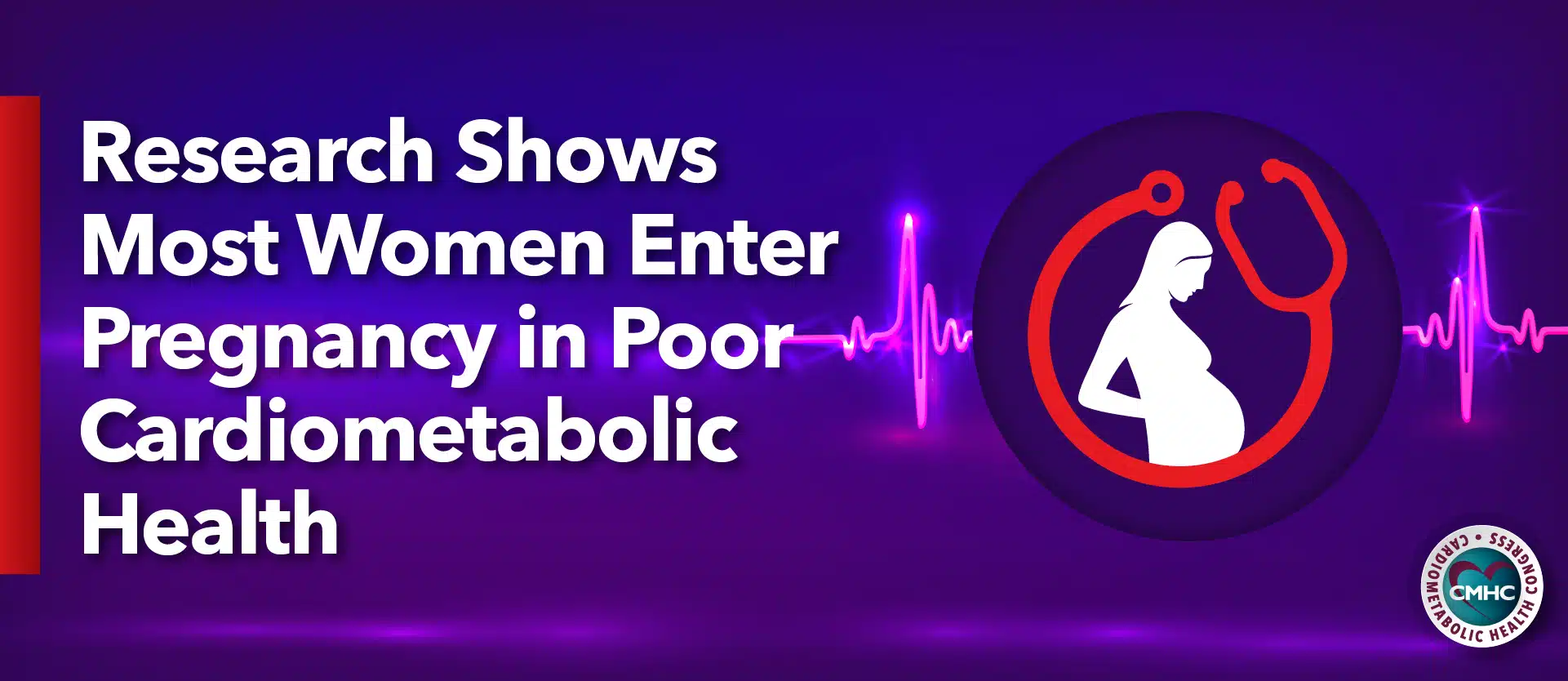As results of the REGARDS study indicate, African American patients are more likely to be aware of having hypertension, more likely to be undergoing treatment, more likely to be treated more intensively, yet they are less likely to achieve blood pressure control. Current literature suggests these disparities are a combined result of socioeconomic factors, psychological stress, and a higher incidence of hypertensive risk factors.
According to current data, the prevalence of high blood pressure in African American individuals in the U.S. is among the highest in the world, with over 40% of the demographic affected by hypertension. Not only does the condition develop earlier in life among African Americans than in non-Hispanic whites, but it also tends to have a more severe impact on their health.
Risk factors for hypertension that disproportionately affect the African American population include obesity and diabetes, which occur at much higher rates in the demographic. In addition, research indicates that African Americans may be genetically predisposed to be more salt-sensitive – increasing their risk for hypertension further.
Risk Factors for Hypertension
Obesity
A primary risk factor for hypertension and cardiometabolic disease, obesity also disproportionately affects African American individuals. In African Americans above the age of 20, 63% of men and 77% of women struggle with being overweight or obese. Per data from the Office of Minority Health, African American women are 60% more likely to be obese than non-Hispanic white women, while the overall demographic faces a 1.4 times higher likelihood of obesity than non-Hispanic whites.
Diabetes
Furthermore, African American men and women face an increased risk of developing diabetes compared with non-Hispanic whites. Data from the Office of Minority Health implicates that African American adults are up to 60% more likely to have diagnosed diabetes than their non-Hispanic counterparts. Moreover, the demographic is 3.5 times more likely to be diagnosed with end stage renal disease, 2.3 times more likely to be hospitalized for lower limb amputations, and twice as likely to experience diabetes-related mortality. Although diabetes is both preventable and treatable, early detection and strategic treatment is vital to ensuring optimal health outcomes and reducing the likelihood of complications.
Increased Salt Sensitivity
African Americans tend to retain salt and water more than other racial groups due to an increased likelihood of having the Liddle phenotype – a genetic disorder associated with suppression of plasma renin activity and aldosterone, low blood potassium, and metabolic alkalosis resulting in early, severe hypertension. In addition, African American individuals are also more likely to have primary aldosteronism due to bilateral adrenocortical hyperplasia, which may compound the risks associated with the aforementioned phenotype.
The increased water and salt retention found in African American individuals is likely a reason for disparities in responses to antihypertensive medications alongside the prevalence of treatment-resistant hypertension in this group.
As African Americans experience more severe and resistant hypertension and are disproportionately affected by the condition, the identification of optimal clinical therapies tailored to individual patient needs is a priority. Meanwhile, the prevention and management of risk factors should be a point of focus in African American patients to prevent comorbidities and complications.
Physicians looking to learn more about the complexities of cardiovascular risk management in racial groups have the opportunity to deepen their understanding of the issue during the Challenge of Cardiovascular Risk Reduction in Racial and Ethnic Minorities live webinar held on February 20, 2020. Led by cardiometabolic expert, and CMHC Senior Planning Committee Member, Dr. Keith C. Ferdinand, the webinar will further elucidate patient care strategies aimed at mitigating disparities in cardiovascular disease prevalence and outcomes.


















